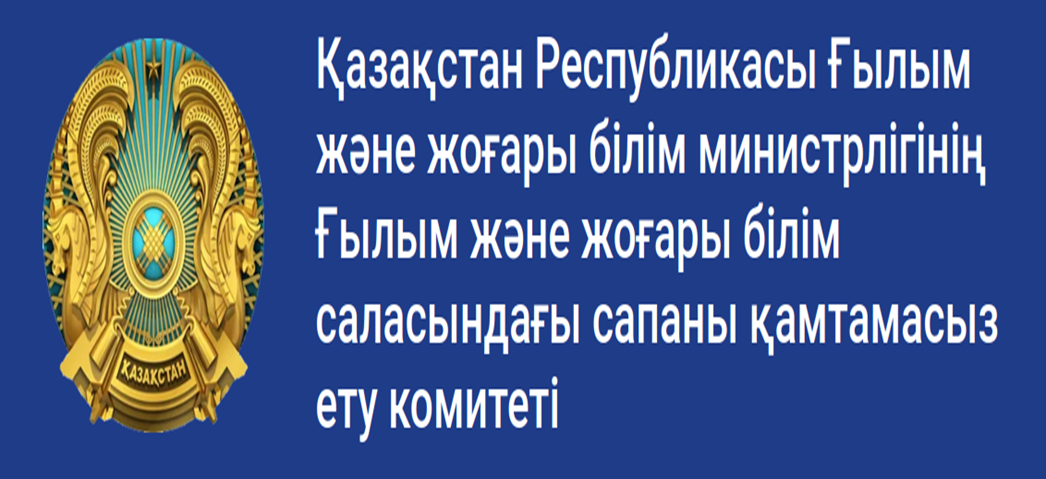Многоликий Феникс: вопросы витальности шаманизма у тюркских народов
Просмотры: 331 / Загрузок PDF: 786
DOI:
https://doi.org/10.32523/2664-5157-2022-1-7-24Ключевые слова:
шаманизм, целительские практики, тюрки, народы Севера, бақсы, витальность, карачаевцы, балкарцы, казахи, тувинцыАннотация
В статье предлагается междисциплинарный подход к проблеме
шаманизма, аккумулирующий культурологическую, социологическую,
философскую и лингвистическую составляющие этого уникального для
человеческой цивилизации явления. Под термином шаманизм понимается
совокупность различных целительских, мистико-ясновидческих и
предсказательских практик шаманов (В.И. Харитонова). В работе
анализируется «закат» шаманизма народов Севера и Сибири Российской
Федерации, причиной которого явилась утрата привычного образа жизни,
традиционных промыслов, языка и, как следствие, концептуальной картины
мира. В контексте витальности и упадка шаманизма исследуется практики
шаманизма тюрков-горцев – карачаевцев, балкарцев и тюрков-степняков
– казахов. Первые сохранили рудименты этого явления в некоторых
современных практиках, обрядах, танцах. Шаманизм и тех, и других тюркских
народов отличается синкретичностью, «двоеверием», т.е. совмещением
языческих, тенгрианских традиций и исламских воззрений. Особо важную
роль в казахских практиках играет вера в духов предков – аруақтар.
Казахский шаманизм сегодня трансформировался преимущественно в
целительские практики, распространенные повсеместно, что свидетельствует
о его более высокой витальности по сравнению с карачаевцами и балкарцами.
Пытаясь проследить витальность различных этнических шаманистских
практик, авторы сделали акцент на первоисточники, а не на их интерпретацию
и критику, чтобы читатель мог ознакомиться с достаточно репрезентативным
комплексом мнений разных исследователей шаманизма и шаманских практик.


























